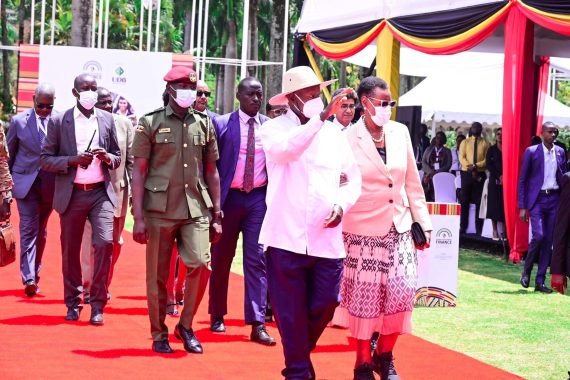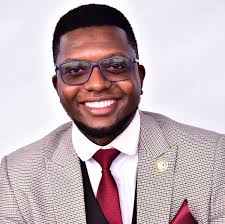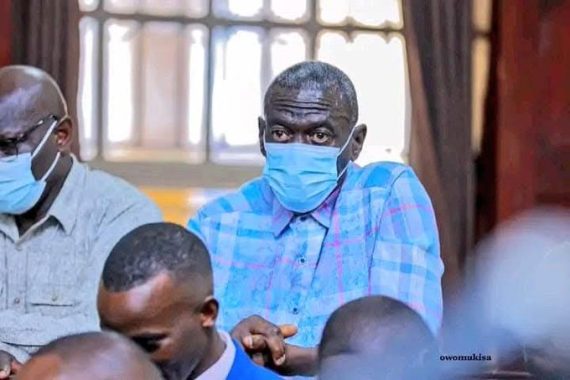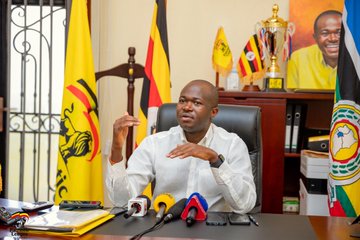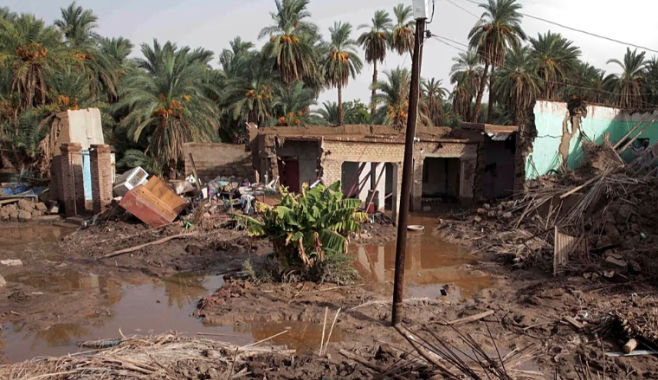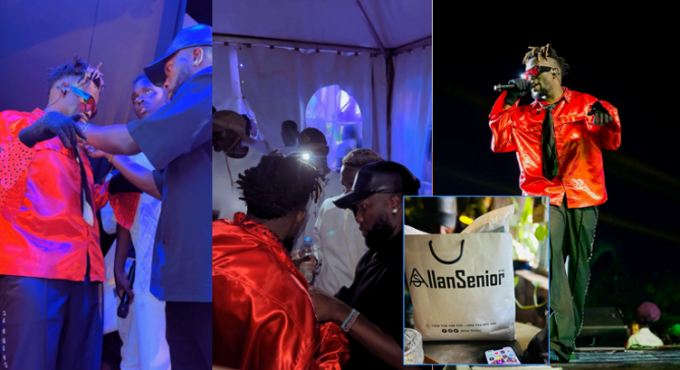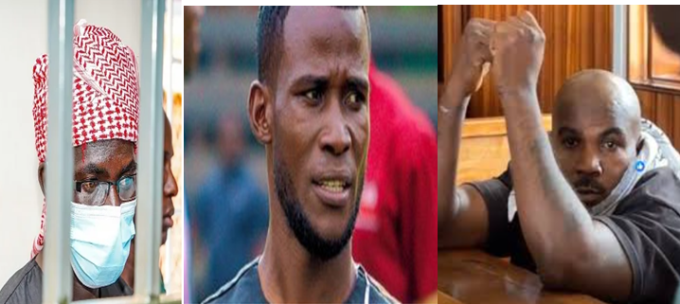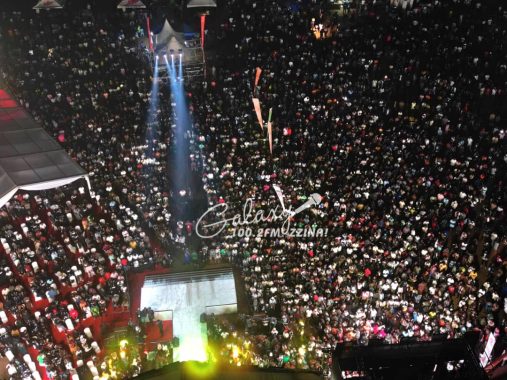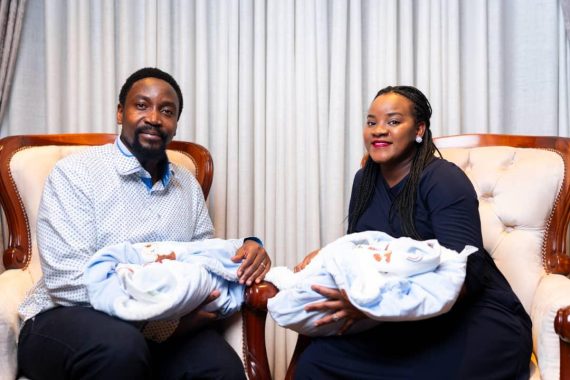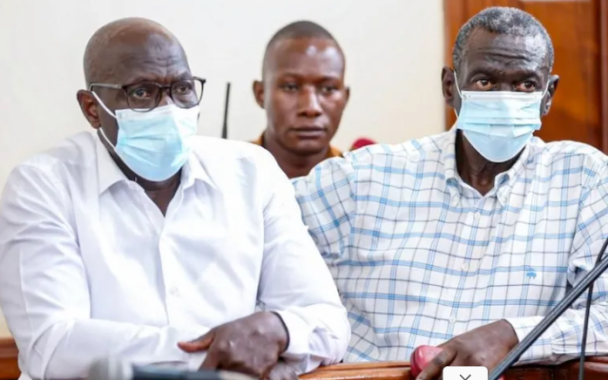President Yoweri Kaguta Museveni yesterday lit up the inaugural Uganda Development Finance Summit warning that Africa’s future depends on smarter financing, not endless loans for flashy projects.
Speaking at Commonwealth Resort Munyonyo, with First Lady Janet Kataha Museveni by his side, the President tore into what he called “irrational development choices” that have left Africa rich in resources but poor in value.
“Recently, we had to struggle with the PDM. We diverted money there to help villagers join the money economy. When they do that, production goes up, but you still have other demands, like infrastructure. You can have a nice road, but you have nothing to transport on that road if there’s no production,” he said

Pointing to Uganda’s recent diversion of funds into the Parish Development Model (PDM) to help ordinary villagers join production.
Museveni recalled tarmacked roads he traveled in 1965 but noted poverty still lined those same highways decades later. His message was blunt: Uganda must slow down on prestige infrastructure and pump money into projects that generate results.
The President accused post-independence technocrats of pouring money into schools and health centres while ignoring vital economic enablers like railways and electricity.
“That road was already tarmac, and we have done it several times since but you still have poor people along the road. That is why we said, “Let’s decelerate a bit on infrastructure spending and deal with those outside the money economy.” Give them cheap capital so they join production,” Museveni explained.

He thanked the European Union for supporting railway rehabilitation but said donors still avoid the hard stuff.
Tracing back to the 1960s, Museveni said Uganda’s lack of savings and unreliable foreign investors proved why a state-owned lender like Uganda Development Bank (UDB) is crucial.
“People don’t understand. Wealth is personal, but development is collective. Development is for the drunkards, the witch doctors, everybody. But wealth is in those four sectors. That is why our answer was UDB,” he said.
Commercial banks, he said, were crippling Africans with “greed”. “How do you lend at 22% when inflation is below 5%? At such rates people can’t build industries, only import perfumes and wines,” he scoffed.
On Africa’s failure to capture value, Museveni pulled no punches:
“You sell coffee for $2.5 a kilo. Someone processes it into Nescafé and sells it for $40. Who is the donor? You are the donor but you don’t know.”
He praised Chinese loans for enabling Uganda to build Isimba and Karuma dams, which now produce cheap power that he called a “real transformation.”

“With Chinese money, we built Isimba Dam and now produce electricity at 4.8 cents per kilowatt hour. With Karuma, we produce at 2.8 cents. When we finish paying the loans, the cost will fall to 1.2 cents. That is transformation. That is what development means,” Museveni said.
Looking beyond Uganda, Museveni told African leaders that integration is a matter of life and death. Without a big continental market, he warned, Africa will remain fragmented and poor like Latin America.
“Vision and integrity are the two things Africa needs. Policymakers must be like doctors, diagnose the disease and prescribe the cure,” he said.
At the same summit, Finance Minister Matia Kasaija hyped Africa’s economic prospects, revealing that Uganda grew at 6% last year against a global average of 2.7%. He projected Uganda’s GDP would soar from $50 billion in 2023 to $500 billion by 2040, powered by agro-industrialization, tourism, minerals, oil, and ICT.
“Africa is poised to grow faster than most regions of the world. UDB will unlock the money to make it happen,” Kasaija assured.



